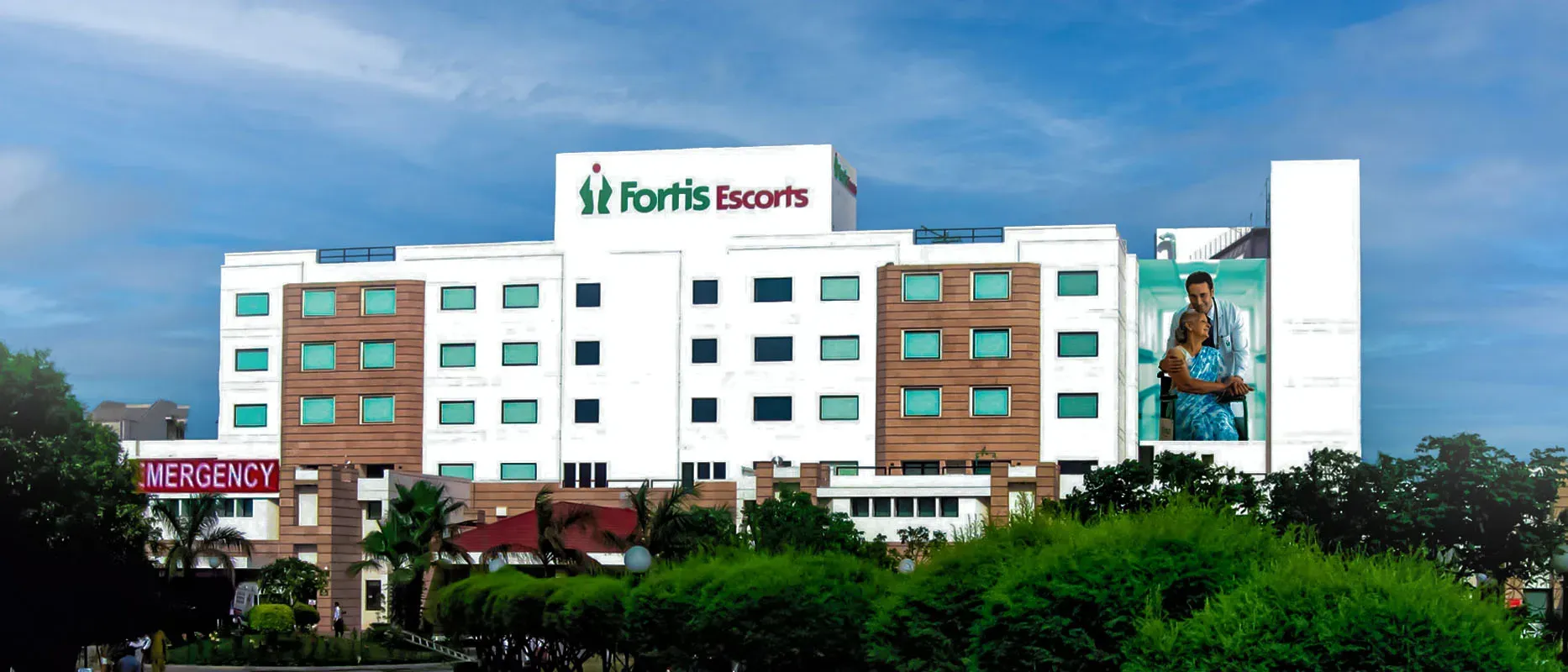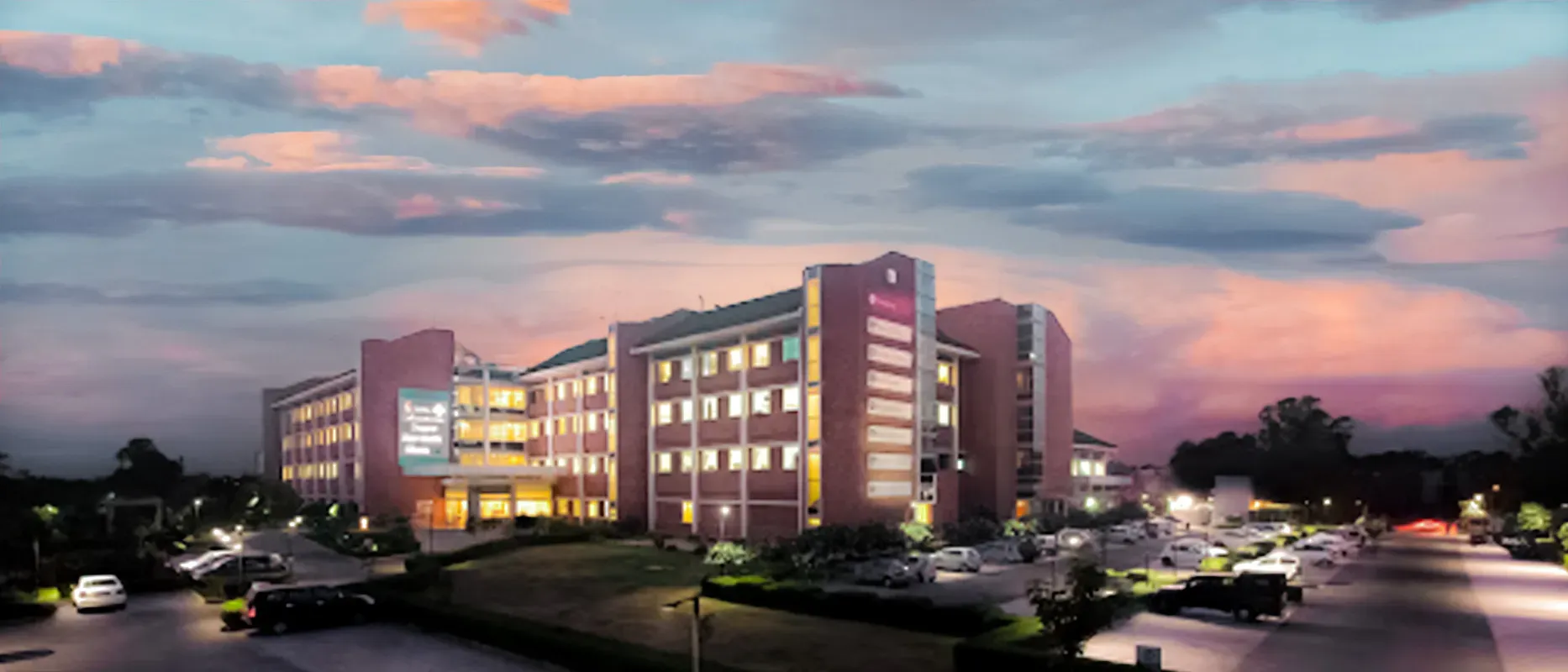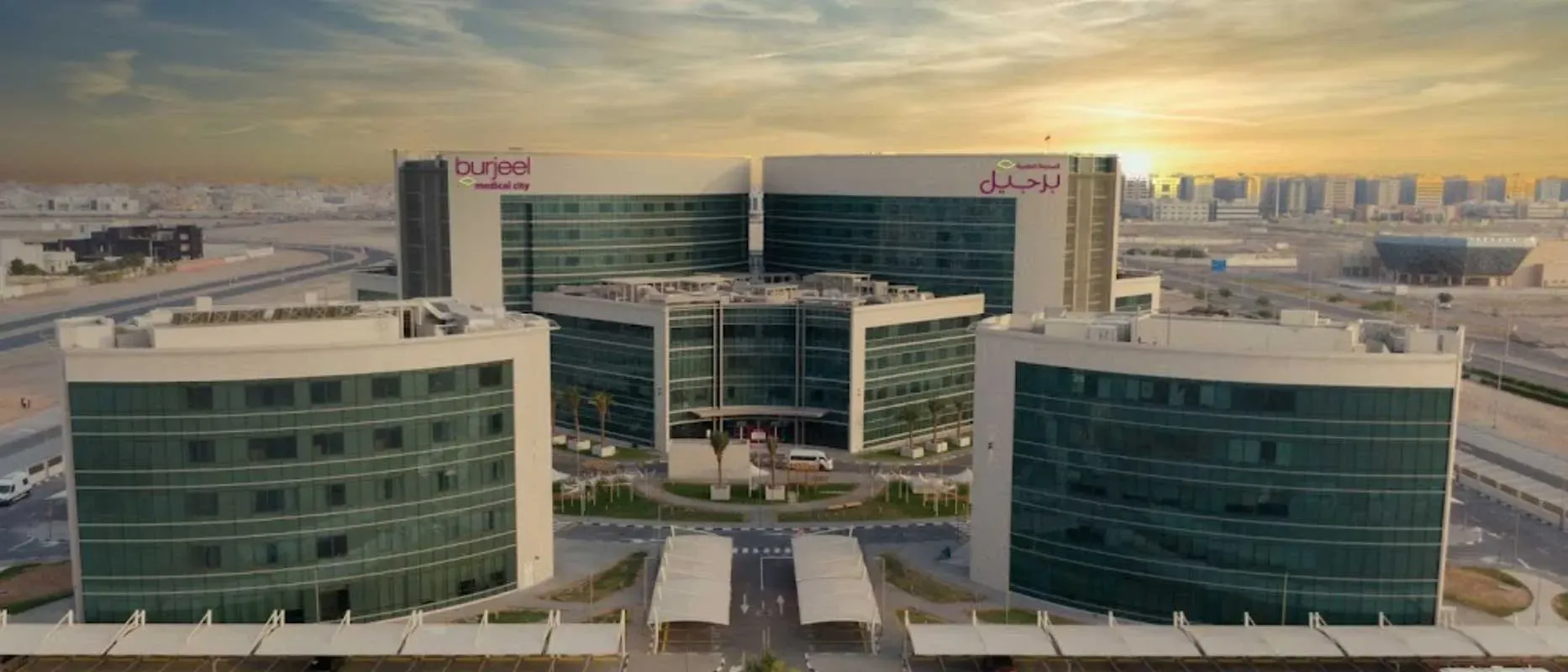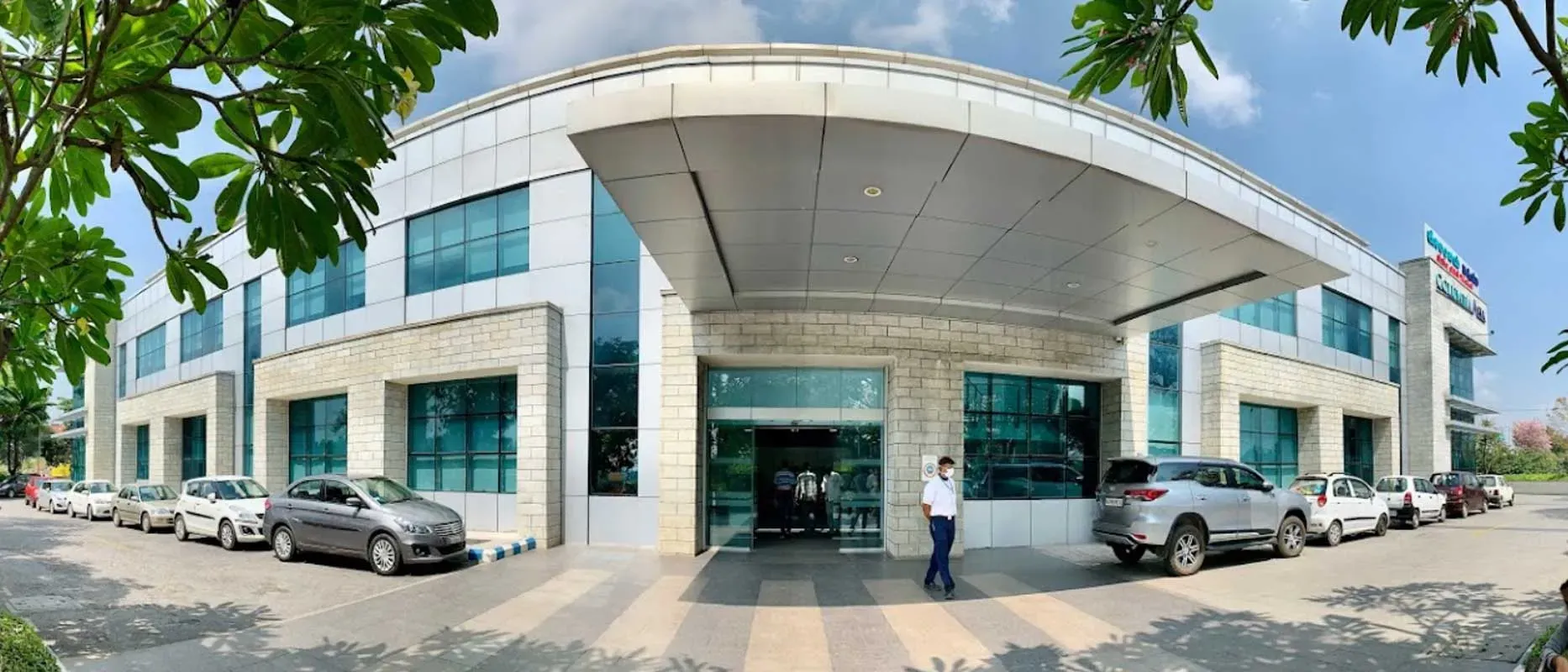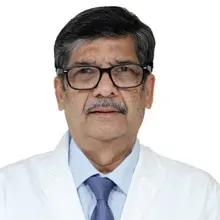Overview of Spine Fusion Surgery Treatment India
Spine fusion surgery involves the fusion of two or more bones in the spine. It provides stability and does not allow any movement and hence reduces the symptom of pain. Spine fusion surgery can be performed in any part of the spine. Spinal fusion surgery reshapes the spine when the normal curves of the spine disturbed. The movement in the spine can cause pain in some cases. So spine fusion surgery limits the movement and reduces the pain due to the movement. When the stability increases, movement decreases. Spine fusion surgery can also be performed in the condition where the disc becomes damaged. Sometimes the spine fusion surgery does not give the desired results and the consequences are the same as non-surgical treatments before surgery. Spine fusion surgery does not deal with the underlying disease of the spine so it is important to deal with the cause also. When the spine fusion surgery is performed between two bones of the spine it generates great pressure between them because they are fused. So there will be more chances of further complications. The tissue around the fusion will be under great stress causing the tear of the tissues. However, in most of the cases spine fusion surgery is successful but it also has some risks and complications. The recovery process is almost 6-8 months but it also depends on the patient’s condition and skill of the surgeon.
Types of Spine Fusion Surgery Treatment India
Here are some common types of spine fusion surgery:
- Posterior lumbar interbody fusion
- Anterior lumbar interbody fusion
- Lateral lumbar interbody fusion
- Transformational interbody fusion
- Cervical fusion
- Thoracic fusion
Posterior Lumbar Interbody Fusion (PLIF)
In this type of spine fusion surgery, the incision is made from the back of the spine. It involves the removal of the disc between two bones in the spine. A bone graft is then inserted into the space between them. The metal implants are used to provide stability to the spine.
Anterior Lumbar Interbody Fusion (ALIF)
This surgery involves approaching the spine from the front through an incision in the abdomen. The damaged disc is removed, and a bone graft is inserted into the space between two bones. Metal implants may also be used to provide stability.
Lateral Lumbar Interbody Fusion (LLIF)
LLIF is performed through a minimally invasive approach, usually from the side of the body. In this, surgery is performed to remove the damaged disk and replace it with grafts or metal implants.
Transforaminal Lumbar Interbody Fusion (TLIF)
TLIF is similar to PLIF, but it is usually performed from the back and from one side of the spine. This helps in the removal of the disc, insertion of the bone graft, and placement of metal implants.
Cervical Fusion
Cervical fusion surgery is the procedure when the fusion is being performed in the neck area. The two or more bones of the spine in the neck region are fused together either by the metal implant or by the bone graft.
Thoracic Fusion
Thoracic fusion surgery is performed on the upper back region of the spine. It involves removing a damaged disc or stabilizing a fracture, followed by the insertion of a bone graft and metal implants for fusion.
Procedure of Spine Fusion Surgery
Anesthesia: anesthesia is given to the patient to numb the affected area so that the patient doesn't feel any pain or irritation.
Incision: an incision is made at the affected site. The extent of incision depends upon the type of treatment procedure.
Exposure: The surgeon will use surgical instruments to move the muscles and other tissues aside to access the spine. This may involve removing a portion of the lamina to expose the spinal cord and nerves.
Bone graft preparation: a small amount of bone graft material from the patient's own body or synthetic bone grafts are used. The bone graft is implanted between two bones of the spine and promotes fusion.
Fusion procedure: in this, the intervertebral disc and any damaged or degenerated tissue is removed. The surfaces of the vertebrae may not be smooth or even to enhance fusion. The bone graft material is then placed between the bones of the spine.
Instrumentation: To provide stability during the fusion process, there is need to use metal implants such as screws, rods, or plates. These devices are fixed to the bones to hold them in the correct position until fusion occurs.
Closure: The surgeon will carefully close the incision using sutures. Dressings are applied to the wound to prevent infection, and a tube may be placed to remove any excess fluid that may form after the closure.
Diagnosis of Spine Fusion Surgery Treatment India
Cost of Spine Fusion Surgery Treatment in India
The cost of Spinal fusion surgery in India starts from 5,000 USD- 8000 USD. It is much less than the cost of this procedure in other countries. The cost may vary according to the facilities of the hospital and the surgeon's skill. It can also vary according to the condition of the patient before surgery. Here are some procedures and their cost mentioned below:
The cost of Different procedures of spine fusion surgery in India:
| Treatment Costs in India |
Min in USD |
Max in USD |
| Spinal Fusion Surgery |
3996 USD |
5328 USD |
| TLIF Surgery |
2237 USD |
2983 USD |
| Cervical Fusion |
2131 USD |
2841 USD |
| Spinal Endoscopic Surgery |
2930 USD |
3907 USD |
Symptoms and Risk factors
Here are some names of the conditions in which spine fusion surgery is performed:
- Degenerative disc disease
- Herniated disc
- Spinal stenosis
- Spondylolisthesis
- Spinal instability
- Fractures or traumatic injuries to the spine
- Scoliosis or other spinal deformities
- Spinal tumors
- Failed previous spinal surgery
- Spinal infections
Risk Factors of Spine Fusion Surgery
Here are some common risk factors associated with spine fusion surgery:
Infection
There is a risk of developing an infection at the surgical site or in the deeper layers around the spine. This can happen right after surgery or may be after some time.
Bleeding
Spinal fusion surgery is one of the major surgeries in which there is a risk of bleeding either during the procedure or after the closure that can lead to further complications.
Nerve or Spinal Cord Injury
Spine bone covers the spinal cord and nerves passing through it. So it can be damaged during the performance of the procedure. The injury can lead to severe complications of pain, numbness and even paralysis.
Failed Fusion
The fusion may not be successful, resulting in a condition called failed fusion. This can lead to ongoing pain and instability which often requires additional surgery.
Pain or Discomfort
While spine fusion surgery is supposed to limit the pain, there is a possibility of experiencing the same or new pain after the procedure. This can occur due to other spinal diseases or complications.
Blood Clots
After surgery, immobility or limited motion can form blood clots in the blood vessels of the legs. These blood clots can travel to major organs like the brain, heart and lungs and can cause severe life threatening complications.
Fusion-Related Limitations
Spinal fusion surgery stabilizes the spine, but it can limit the flexibility and range of motion in the fused segment. This may limit the activities which involve bending, twisting, or lifting.
General Surgical Risks
Spine fusion surgery is a major procedure and it carries many risks along with it such as allergic reactions to implants, and post-operative complications like pneumonia or infection in the urinary tract.
Top Hospitals for Spine Fusion Surgery in India
Shaping the future of the healthcare institution and establishing the path to accomplishment.
Kokilaben Dhirubhai Ambani Hospital and Medical Research Institute Mumbai,India
Book Appointment
Top Doctors for Spine Fusion Surgery in India
Empower your Health with the Expertise of Leading Medical Professionals.
Dr. Hitesh Garg Spine Surgeon
Department of Spine Disorder
Senior Consultant
Book Appointment
Dr. Arvind Jayaswal
Department of Spine & Neuro and Spine Surgery
Director
Book Appointment
Treatment Costs for Spine Fusion Surgery
Be the change and be an opportunist in transforming healthcare.
How it's Works
Guiding your Journey from Discovery to Treatment Planning and Beyond.
Discovery
Get a consultation to discover about your treatment
Pre-Treatment
Admission to the best hospital and all pre-treatment facilities
Post Treatment
Get post-treatment follow-up care with medicine fulfillment
Treatment Planning
Hassle-free treatment planning with package & cost estimations
in-treatment
world-class quality procedures and equipment for treatment













